Jan 2, 2025
Exploring the Concept of Unschooling
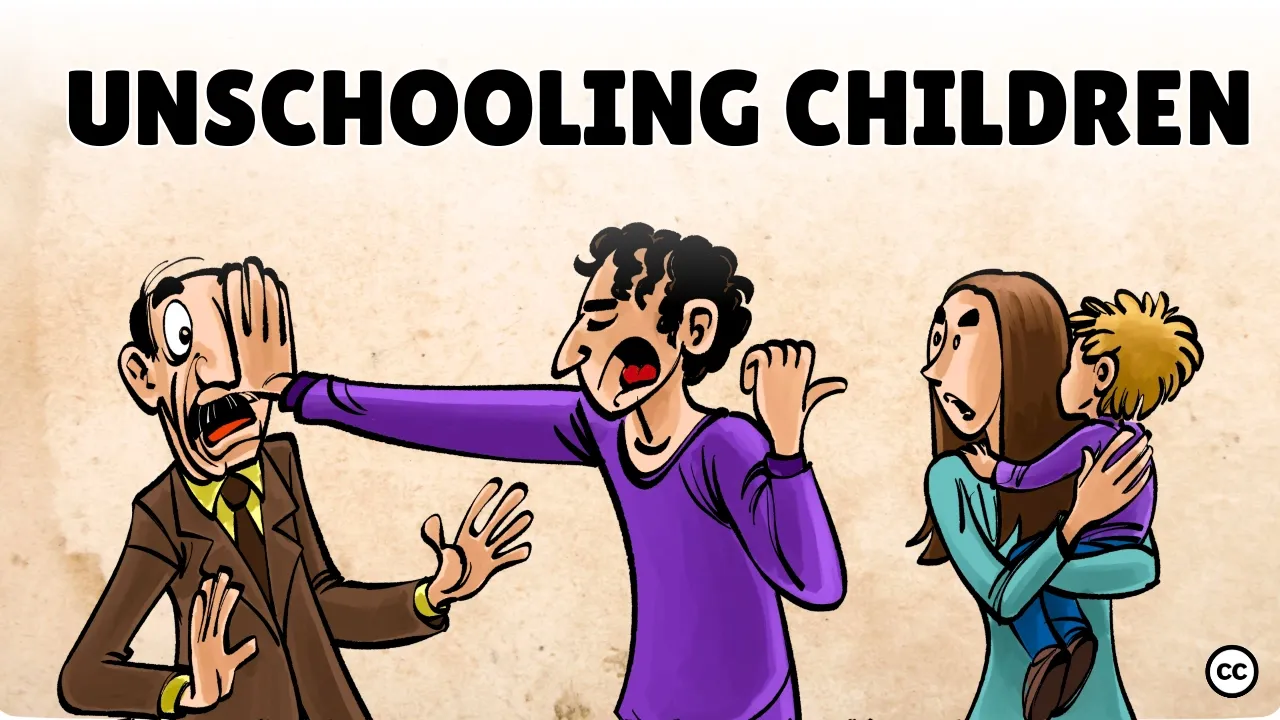
Introduction
Imagine being sent to a random company to work without pay, where each day starts with endless meetings about various corporate objectives, and you have to take work home. This is the reality many young people face in modern schools. So, how did we get here? The answer lies in the history of education and the emergence of a movement known as unschooling.
History of school
Frederick the Great, the King of Prussia, introduced the concept of modern factory schools, inspired by Plato's idea that ideal individuals require an ideal education. In 1763, he established compulsory education to unify Germany, boost literacy, and educate all citizens, including the poor. The early Prussian system provided eight years of instruction and instilled a strict ethos of duty and obedience. This model proved successful and inspired education systems worldwide.
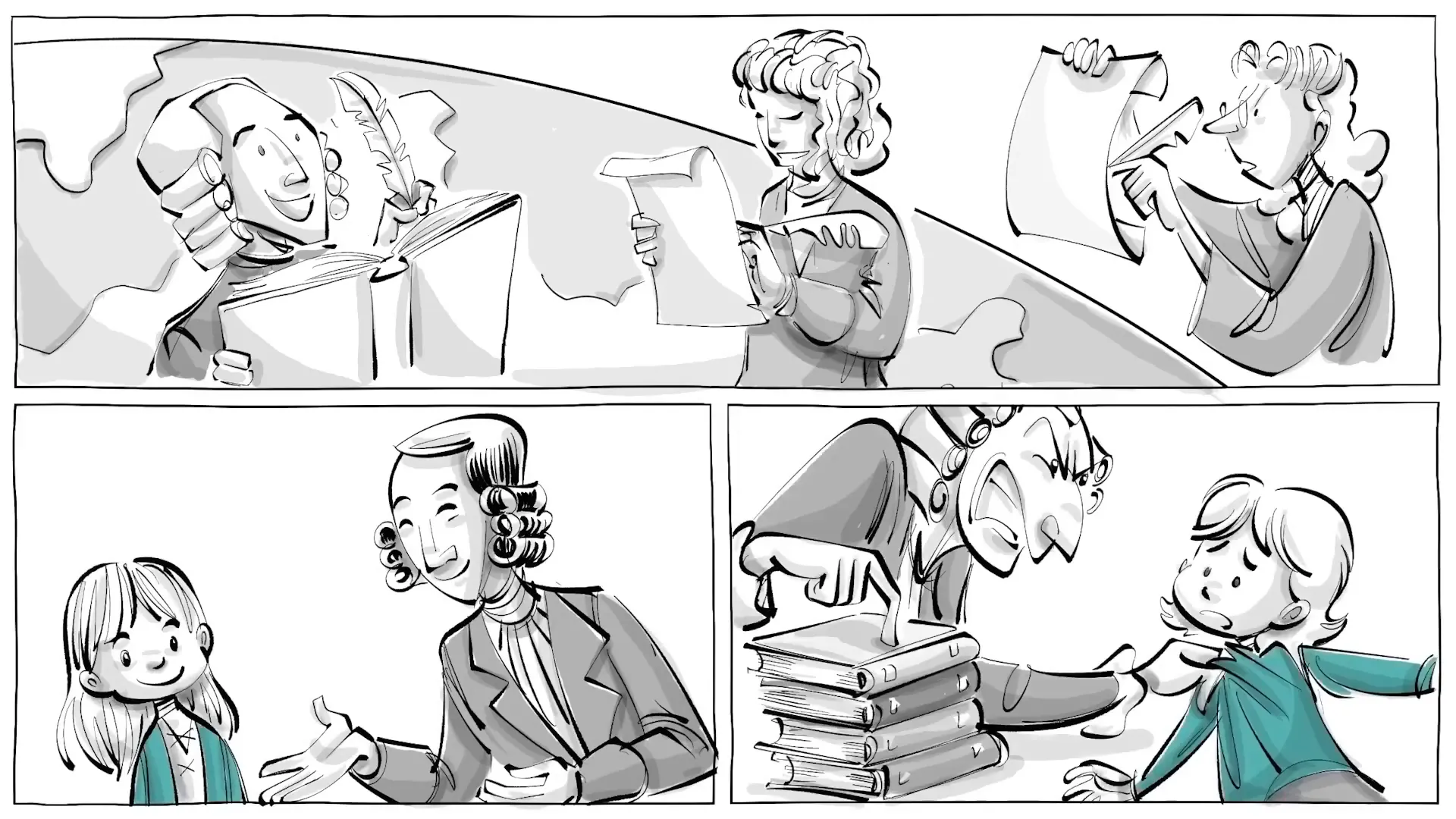
By 1938, Germany made school attendance compulsory, transferring the responsibility of education from parents to the state. As a result, 85% of adults worldwide are now literate, and access to information is abundant. However, this raises the question: should government officials have a monopoly on education?
Compulsory school movement
As more parents began to question the traditional educational model, a growing movement emerged, advocating for unschooling. This approach emphasizes learning through life experiences outside of institutionalized classrooms. Unlike homeschooling, which often follows a formal curriculum, unschooling allows children to learn through play, chores, travel, books, and community interactions.
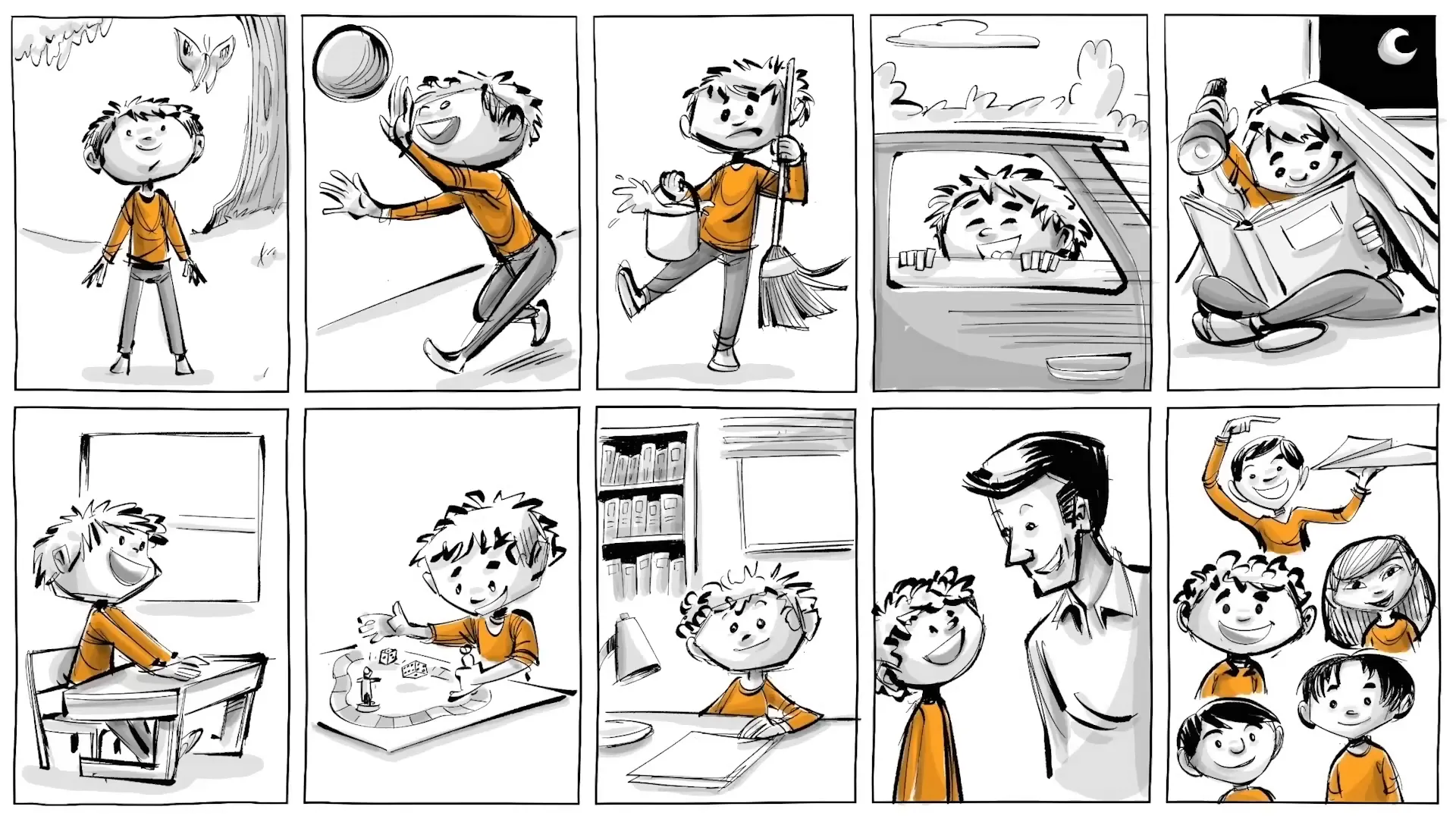
Unschooling
In the unschooling model, parents or tutors play a significant role by providing resources, facilitating learning experiences, and helping children reflect on their progress. But why do parents choose this path over the convenience of traditional schooling? There are several key reasons.
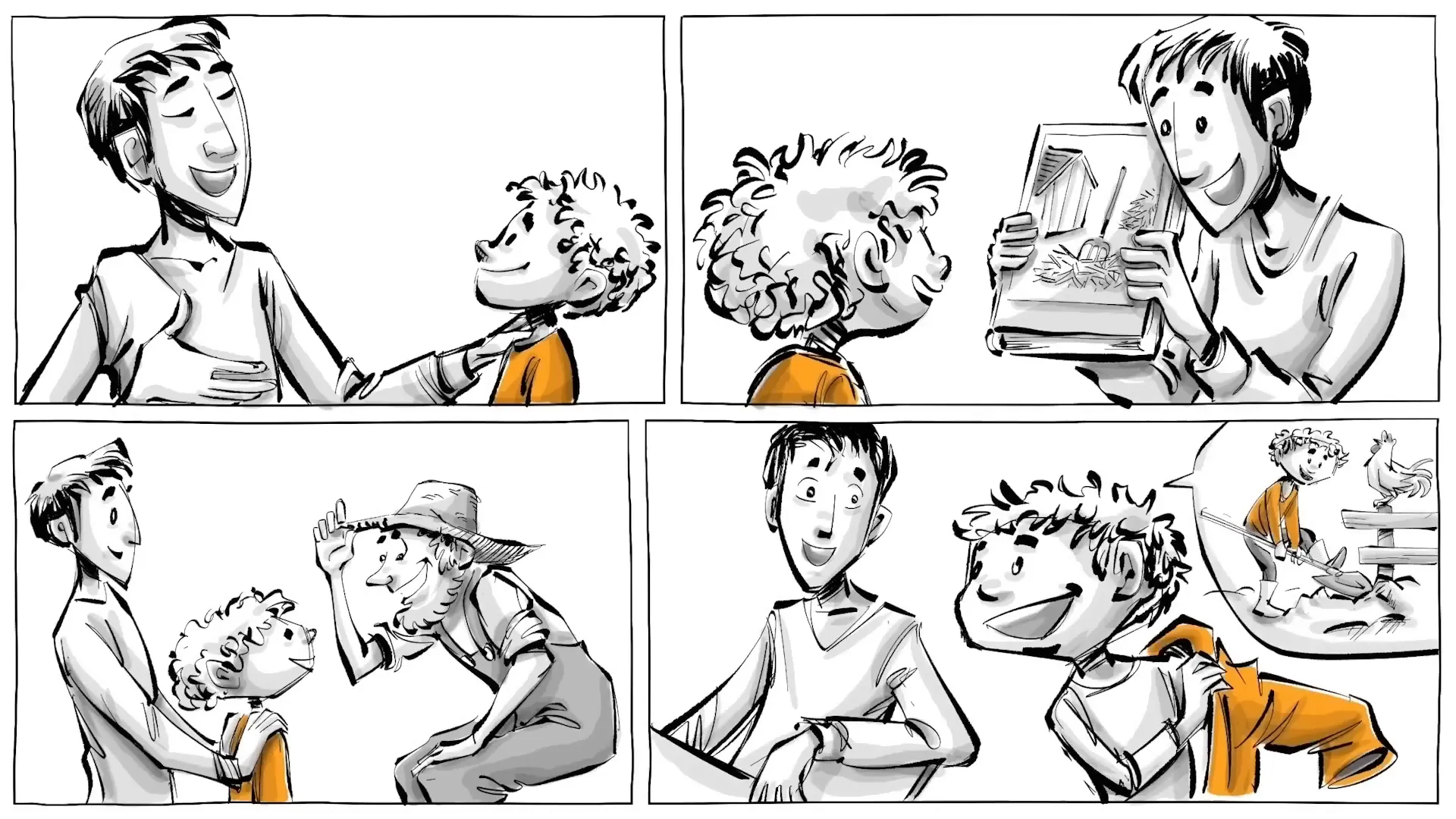
Key reasons for unschooling
- Parent-child relationships: Schools can create an atmosphere of fear, negatively impacting relationships.
- Time and potential: Institutionalized education often fails to cater to individual interests and existing knowledge.
- Independence: Unschoolers learn to solve problems and make decisions independently, unlike their traditionally educated peers.
- Questioning authority: Unschoolers are encouraged to ask 'why' instead of just 'what' they should learn.
- Depth of learning: While schools cover a limited range of subjects, unschoolers can explore a wider variety of interests.
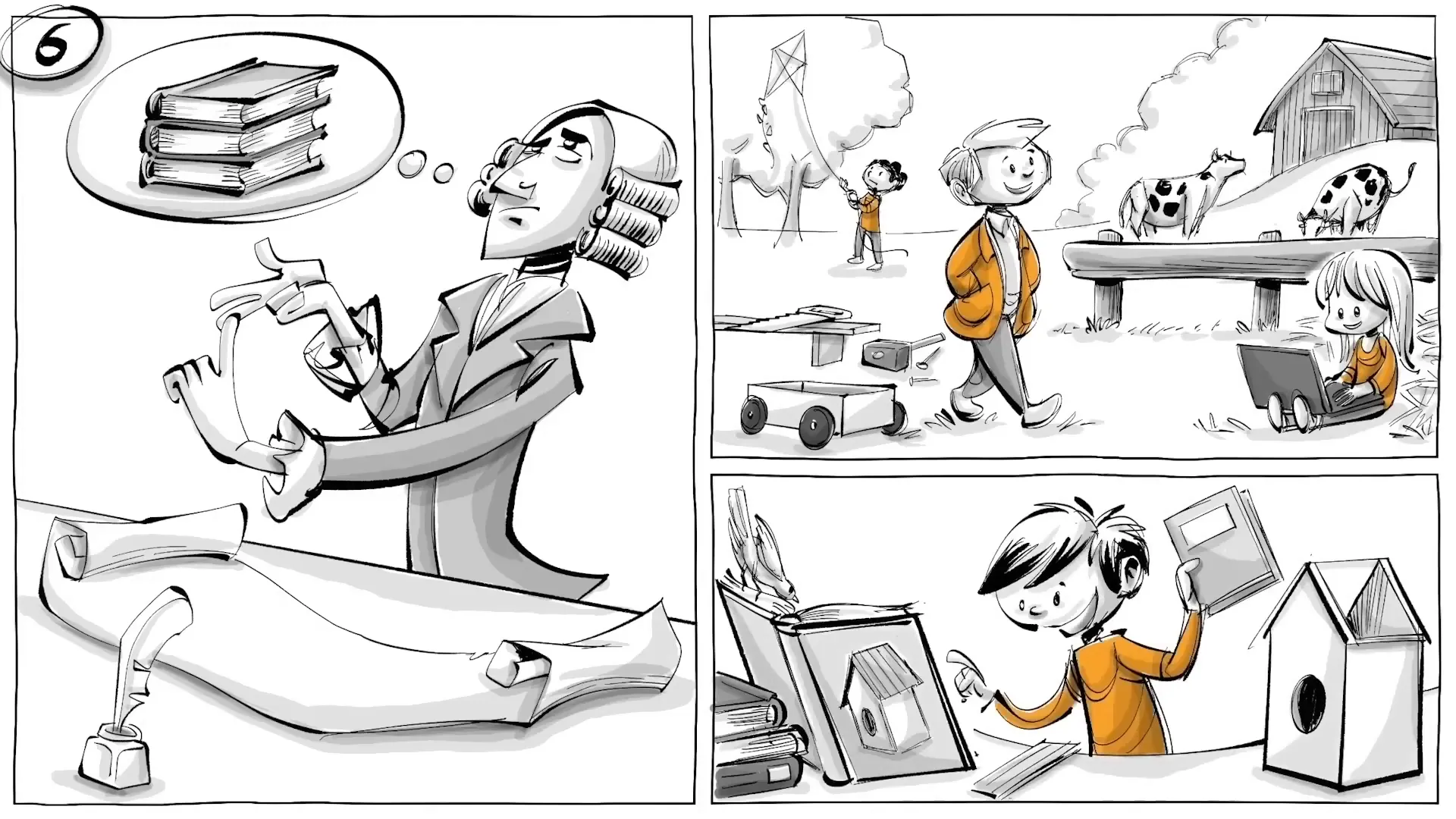
John Holt's opinion
John Holt, a pioneer of the unschooling movement, highlighted the detrimental effects of constant testing and the fear of failure on children's ability to learn. He believed that this anxiety drives children away from engaging with the material and instead leads them to strategize ways to deceive teachers about their knowledge.
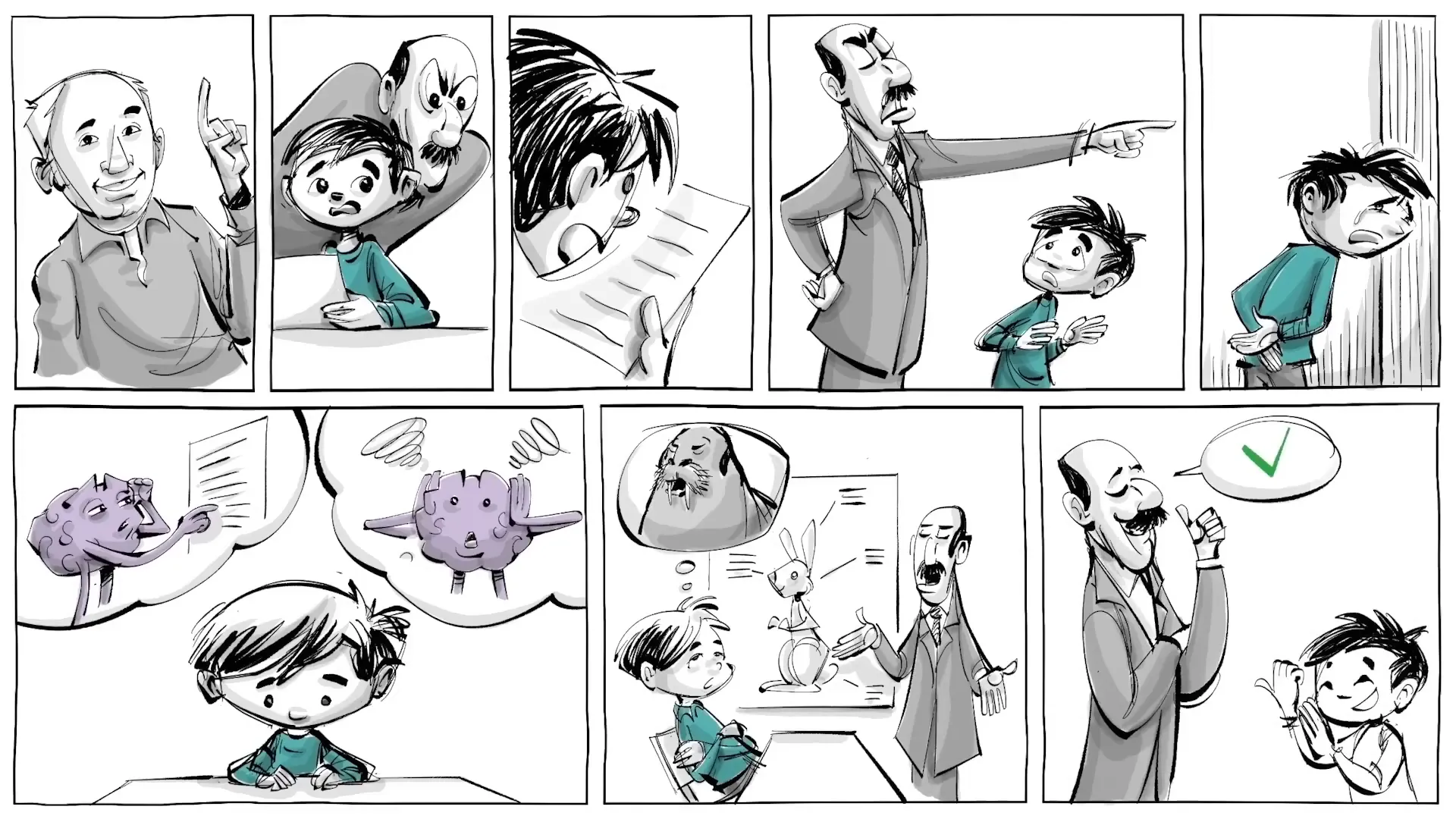
What do you think?
The unschooling approach raises important questions about the role of parents versus the state in a child's education. Should parents have the ultimate say in what their children learn? There are both pros and cons to consider, as well as various perspectives on how children should be educated.
Conclusion
Unschooling presents an alternative approach to education that emphasizes autonomy, natural learning experiences, and the importance of fostering strong parent-child relationships. As more parents consider this path, the conversation about the future of education continues to evolve.
This article was created from the video Unschooling: Why Parents Teach Their Kids at Home with the help of AI. It was reviewed and edited by a human.



